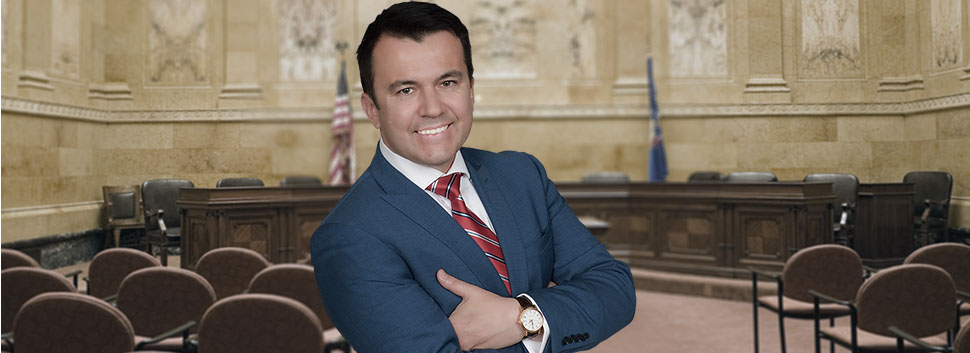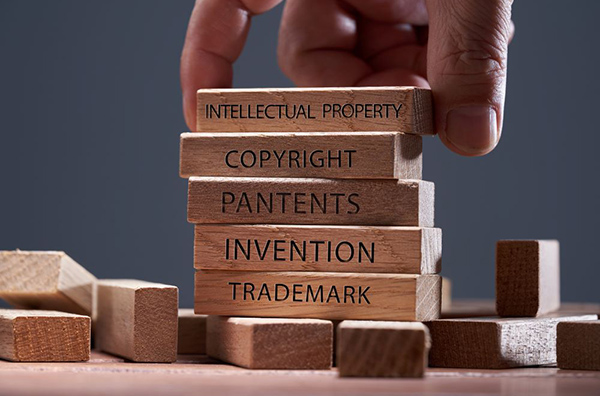The Six Different Types of Music Licenses
Whether you're a content creator looking to find the perfect music for your videos or a company planning to use music in commercials, incorporating music legally and effectively is essential. Music can set the tone, evoke emotion, and strengthen your brand identity, but navigating music licensing can be challenging. In this guide, we’ll walk you through the basics of music licensing, its importance, and the various types of licenses available to ensure you can confidently and legally use music in your projects....
Continue reading















